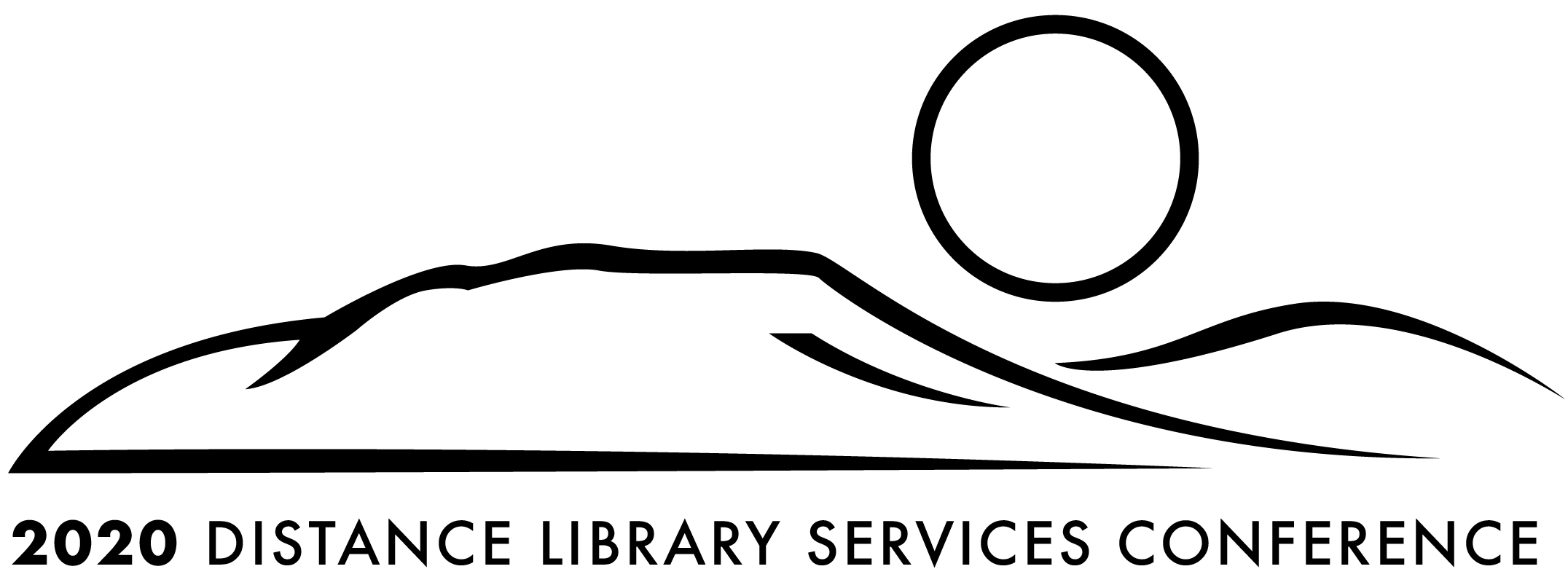Designing a graduate online community for research practice: Going beyond single purpose design
Session Format
In-person Full Paper Presentation
Conference Tracks
Library Instruction and Instruction Design; Research Design and Planning
Short Description
Providing support for online and non-traditional graduate students unable to attend in-person workshops and library instruction sessions becomes more challenging as student populations change and programs evolve from a face-to-face to a hybrid or online focus. This paper will present one possible solution, an online community of research practice (CoP) approach, that resulted from a graduate student and faculty needs assessment. A backward design process was used to create online library research modules that can be used in a variety of learning formats and purposes, and goes beyond library instruction to include development of researcher identities and additional research-related skills.
Long Description
Changing student populations, new course program formats, and evolving institutional priorities require a rethinking of how the library supports online, hybrid and face-to-face graduate student researchers. As support needs increase, and in many cases library budgets do not increase or even decrease, it becomes important to redesign support to be more effective, efficient, and scalable. Results of our graduate student library research needs assessment survey called for more adaptable and flexible online learning formats that go beyond a single course, target population, or purpose. Varying levels of graduate student research preparedness require a diverse online library support toolbox, and multi-level transition and entry points.
This paper presentation will present a case study of how backward instructional design strategies and a Community of Practice framework, coined by Wenger-Trayner, E., Fenton-O’Creevy, Hutchinson, Kubiak, & Wenger-Trayner, B. (2014) as Learning in Landscapes of Practice, that can be used to rethink how the library provides research support for online, hybrid and traditional face-to-face graduate students. The resulting curated collection of resources and modules are housed in an open access Instructure Canvas LMS format that can be easily reconfigured, adapted, and exported for use in a variety of ways such as importing into credit courses, as a foundation for workshops and online webinars, virtual consultations, and as a place to build a community of graduate student researchers. Online modules go beyond library research topics to include research data and time management, qualitative research, building a researcher identity, and grant writing. Needs assessment findings, lessons learned, and emerging opportunities will be shared. During this session, participants will also have opportunities to reflect on their own graduate support contexts and share their best practices with peers. Tools for needs assessment, backward design and online module development will also be shared.
Learning Objectives
- Reflected on their own institutional context and current best practices for graduate student library research outreach.
- Developed an awareness of the Wenger et al. (2014) Learning in Landscapes of Practice framework and how this process could be applied to creating online learning resources for a graduate student populations
- Expanded their instructional design toolbox to include examples of a needs assessment, and a backward design process to design and develop graduate student online learning resources
Designing a graduate online community for research practice: Going beyond single purpose design
Changing student populations, new course program formats, and evolving institutional priorities require a rethinking of how the library supports online, hybrid and face-to-face graduate student researchers. As support needs increase, and in many cases library budgets do not increase or even decrease, it becomes important to redesign support to be more effective, efficient, and scalable. Results of our graduate student library research needs assessment survey called for more adaptable and flexible online learning formats that go beyond a single course, target population, or purpose. Varying levels of graduate student research preparedness require a diverse online library support toolbox, and multi-level transition and entry points.
This paper presentation will present a case study of how backward instructional design strategies and a Community of Practice framework, coined by Wenger-Trayner, E., Fenton-O’Creevy, Hutchinson, Kubiak, & Wenger-Trayner, B. (2014) as Learning in Landscapes of Practice, that can be used to rethink how the library provides research support for online, hybrid and traditional face-to-face graduate students. The resulting curated collection of resources and modules are housed in an open access Instructure Canvas LMS format that can be easily reconfigured, adapted, and exported for use in a variety of ways such as importing into credit courses, as a foundation for workshops and online webinars, virtual consultations, and as a place to build a community of graduate student researchers. Online modules go beyond library research topics to include research data and time management, qualitative research, building a researcher identity, and grant writing. Needs assessment findings, lessons learned, and emerging opportunities will be shared. During this session, participants will also have opportunities to reflect on their own graduate support contexts and share their best practices with peers. Tools for needs assessment, backward design and online module development will also be shared.


Comments
Interaction Strategies
Intended Audience
Reference
Wenger-Trayner, E., Fenton-O'Creevy, M., Hutchinson, S., Kubiak, C., & Wenger-Trayner, B. (Eds.). (2014). Learning in landscapes of practice: Boundaries, identity, and knowledgeability in practice-based learning. New York, NY: Routledge.